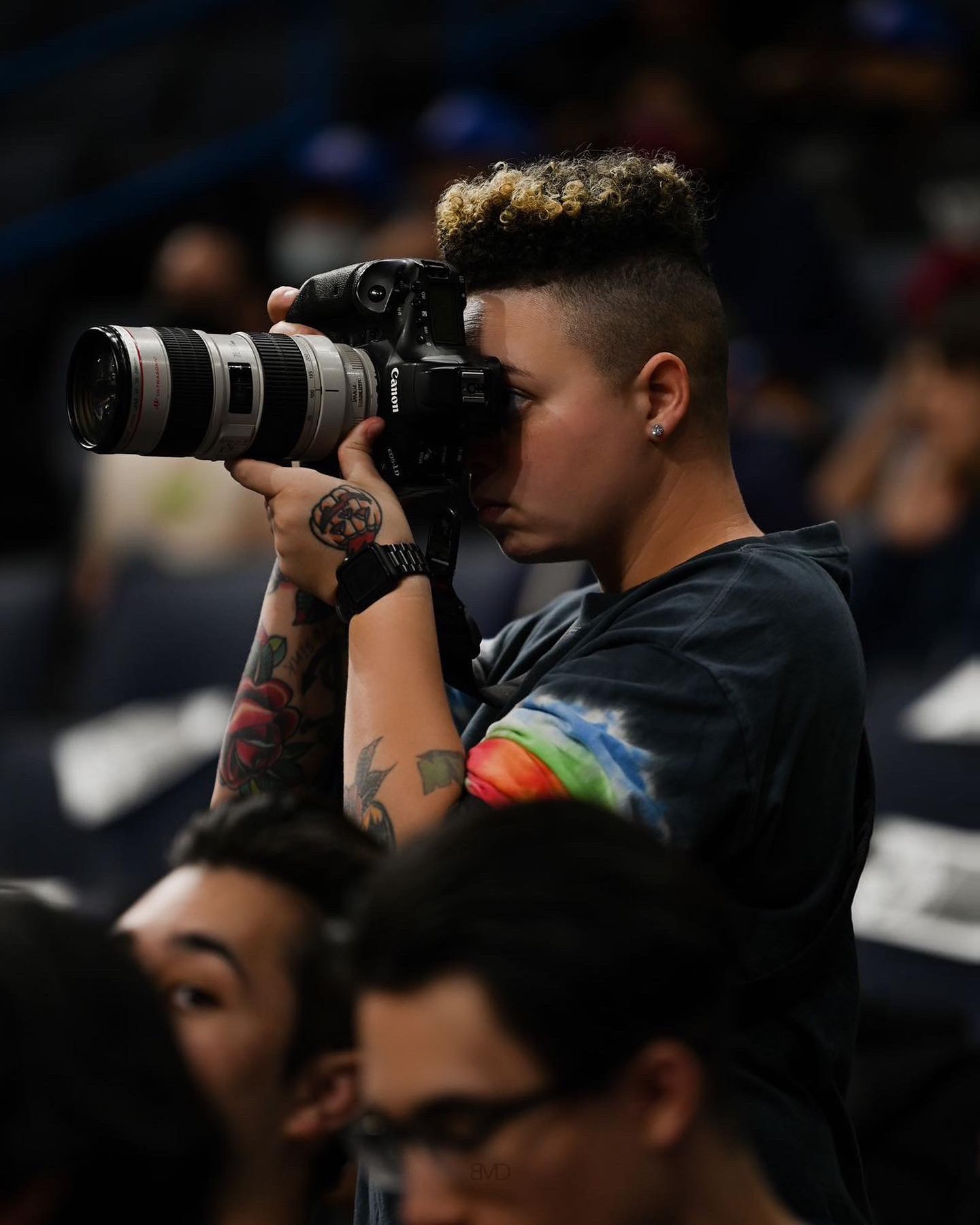We’re excited to introduce you to the always interesting and insightful Felisha Carrasco. We hope you’ll enjoy our conversation with Felisha below.
Felisha, appreciate you joining us today. One of the things we most admire about small businesses is their ability to diverge from the corporate/industry standard. Is there something that you or your brand do that differs from the industry standard? We’d love to hear about it as well as any stories you might have that illustrate how or why this difference matters.
I think being who I am as an individual and the way I express myself alone is completely opposite of the industry standard. As a gay, biracial, masculine presenting woman, just the way I look differs from the standard we look for in corporate America. As a freelance photographer I can get away with dressing more freely, however, I rarely see anyone in my field who looks like me, capturing the types of shoots I capture.
Do I think I am the only one who has a unique identity, of course not…but we are not represented accurately, so it’s hard to see where the rest of us exist in these industry standard spaces.
I hope that my personal ability to diverge from the industry standard allows others to be inspired that they too can fill up this space.
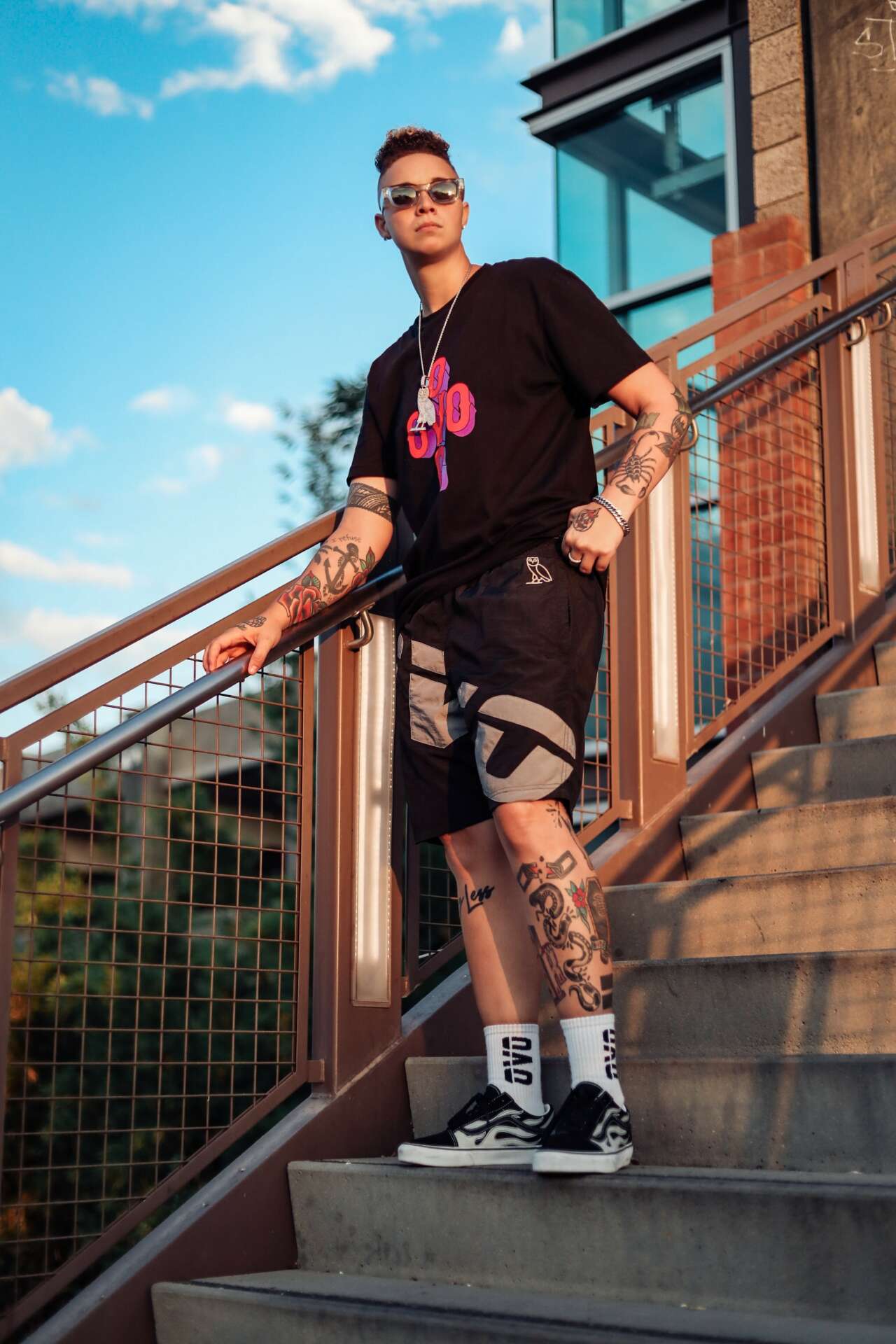
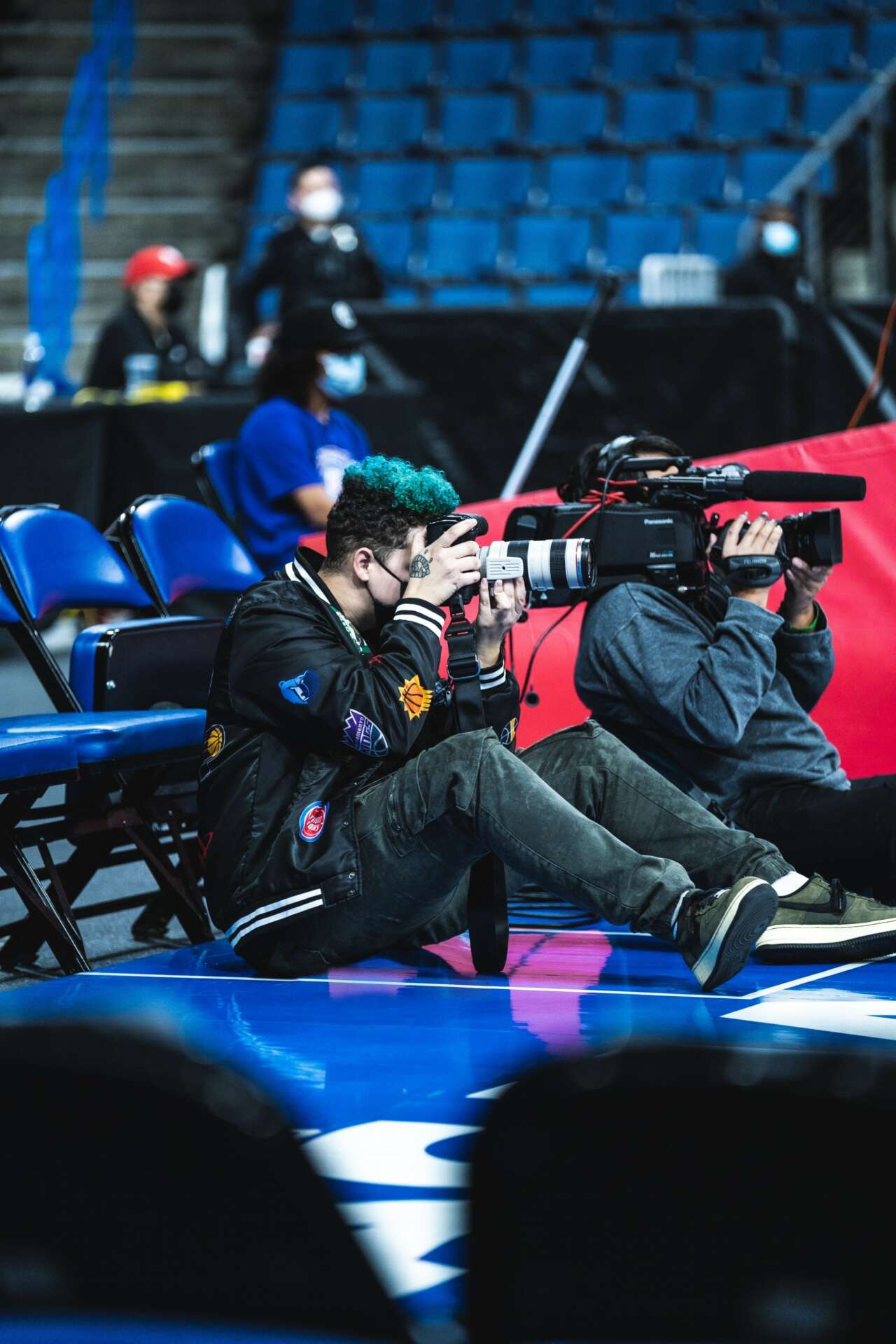
Felisha, love having you share your insights with us. Before we ask you more questions, maybe you can take a moment to introduce yourself to our readers who might have missed our earlier conversations?
I have been doing photography for 10 years.
The main goal for me was to make sure I could capture anything and everything. I didn’t want to limit myself into one niche, which is what I think separates me because I have such a wide range of things I can capture.
All my life, people have tried to tell me who I should be. But I never listened and that’s why I love who I am today. That is why I’m so proud. And I think that’s also why I love photography so much.
My job as a photographer allows a person the ability to showcase themselves to the world in the way they want to be seen. Not only am I able to express myself as a creative with my artistic style, but I am capturing another persons identity, business, or brand and giving them that tool to promote their best self.
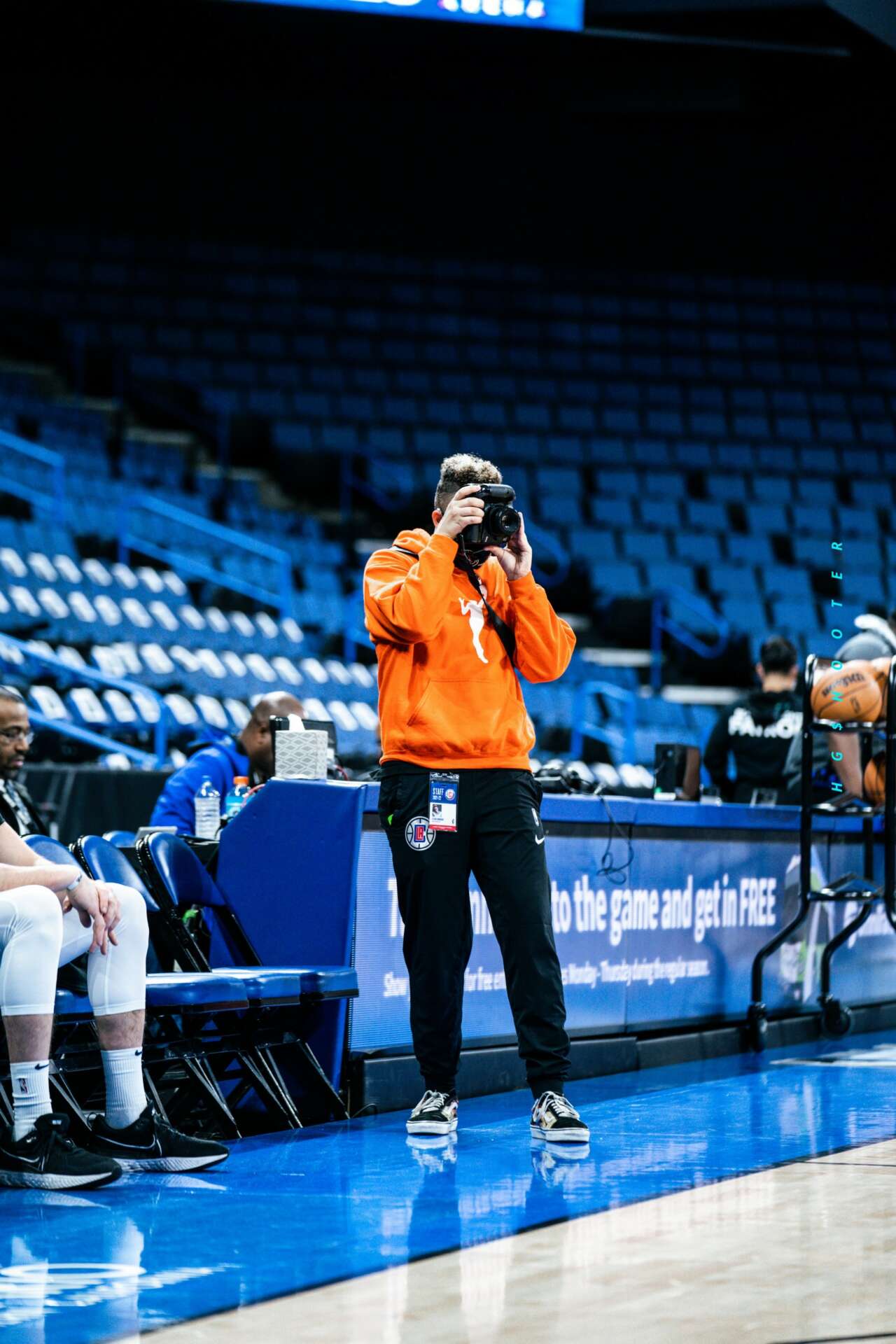
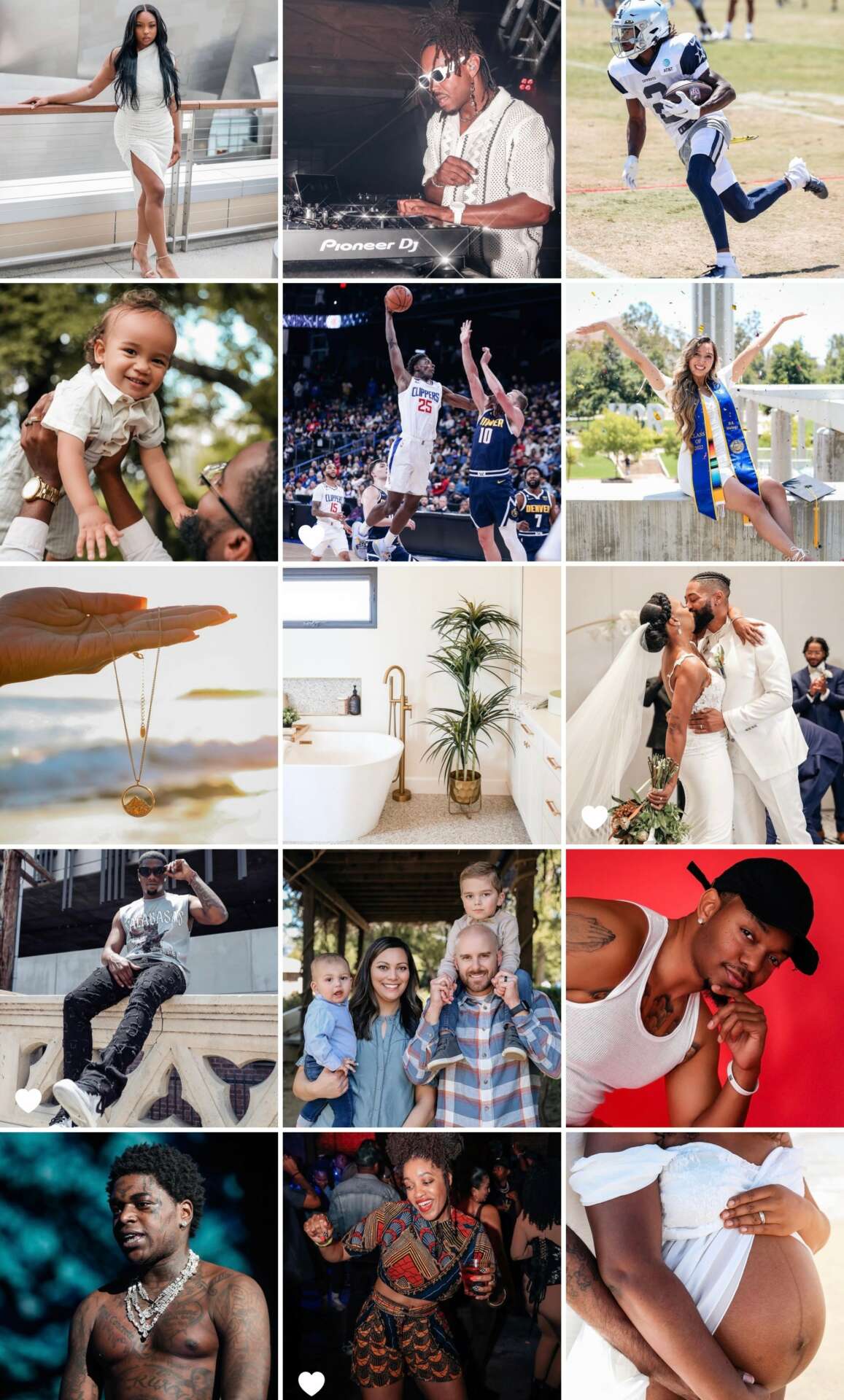
Can you talk to us about how your side-hustle turned into something more.
Photography started out as just a hobby and I didn’t think I would be doing it as a full time career. Eventually me capturing friends for fun turned into people wanting to pay me for my photo services and I thought, “okay I could do this as a side hustle” but my main goal was to work in sports. I majored in sociology and always had this idea of doing sports sociology and creating equality within the sports industry. Clearly I didn’t end up there, but looking back at it now, I’m right where I’m suppose to be.
I remember I took a photography class in college, just to check off the elective requirements and my professor asked me if I ever thought about changing my major to photography. I sort of laughed it off and told him “I don’t want to do photography as a full time career so I don’t think I should change my major. I want to work in sports and social equality.”
A couple years later (still doing photography for fun), I got a part time job working with the LA Clippers. I eventually worked my way up to the media department helping run the social channels as social media assistant. My supervisor asked me if social media was something I actually wanted to pursue, or was it photography that I really wanted.. Again I answered her with the same response…”I don’t want to do photography full time.”
It wasn’t that I didn’t want to do photography full time. I just didn’t know it was possible to make enough money to support myself. The idea of working for yourself was scary, so I always pushed the idea out the way. But I’m very thankful for the people who saw what I couldn’t see at first.
I still work for the LA Clippers, as I am coming up on my 8th season working with the company, but now I’m the team photographer for their G League team and I eventually built up enough clientele on my own, that it became full time. I’ve very blessed to do what I love, and even more grateful for the opportunity to have made a hobby into a career.
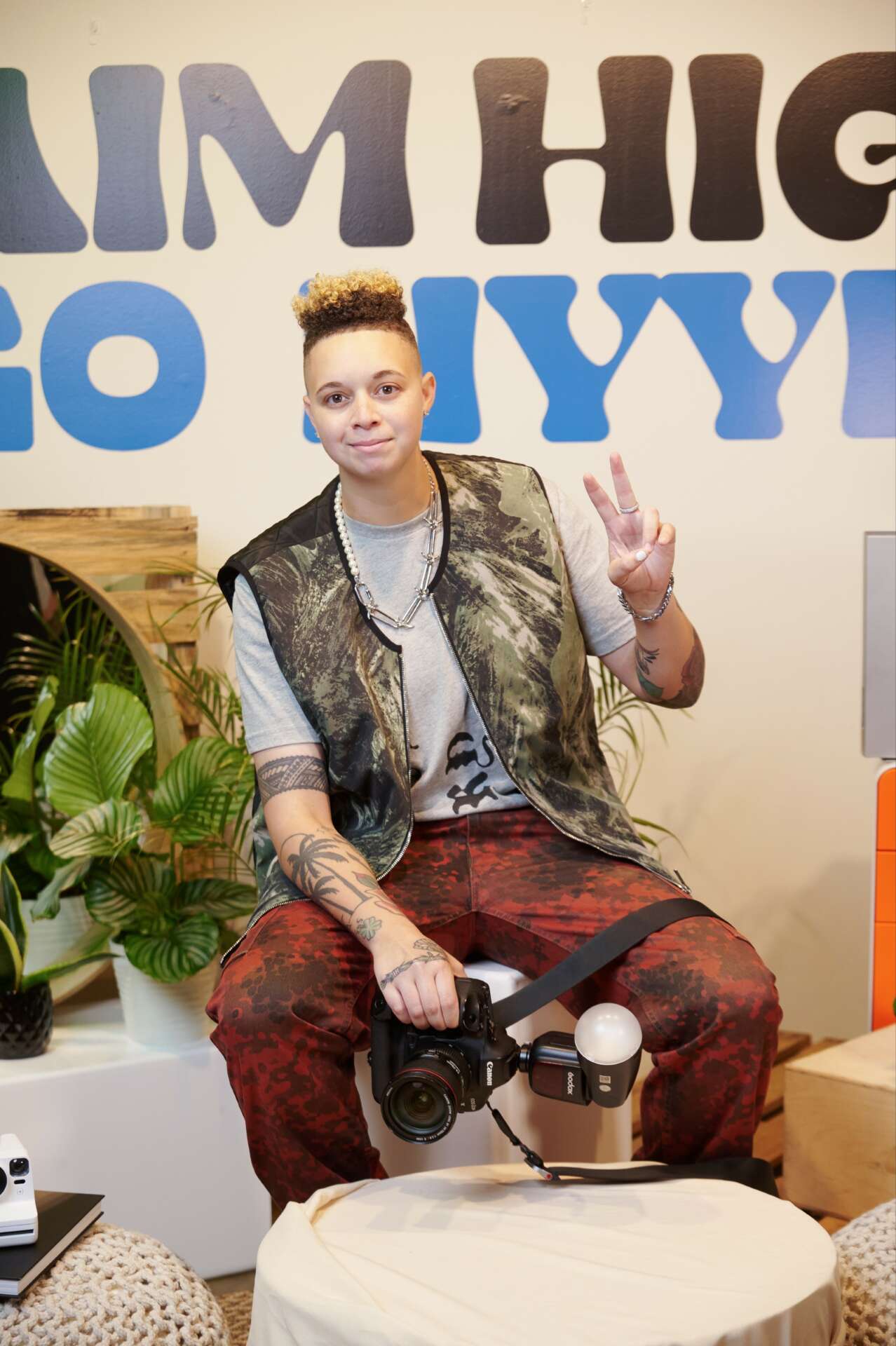
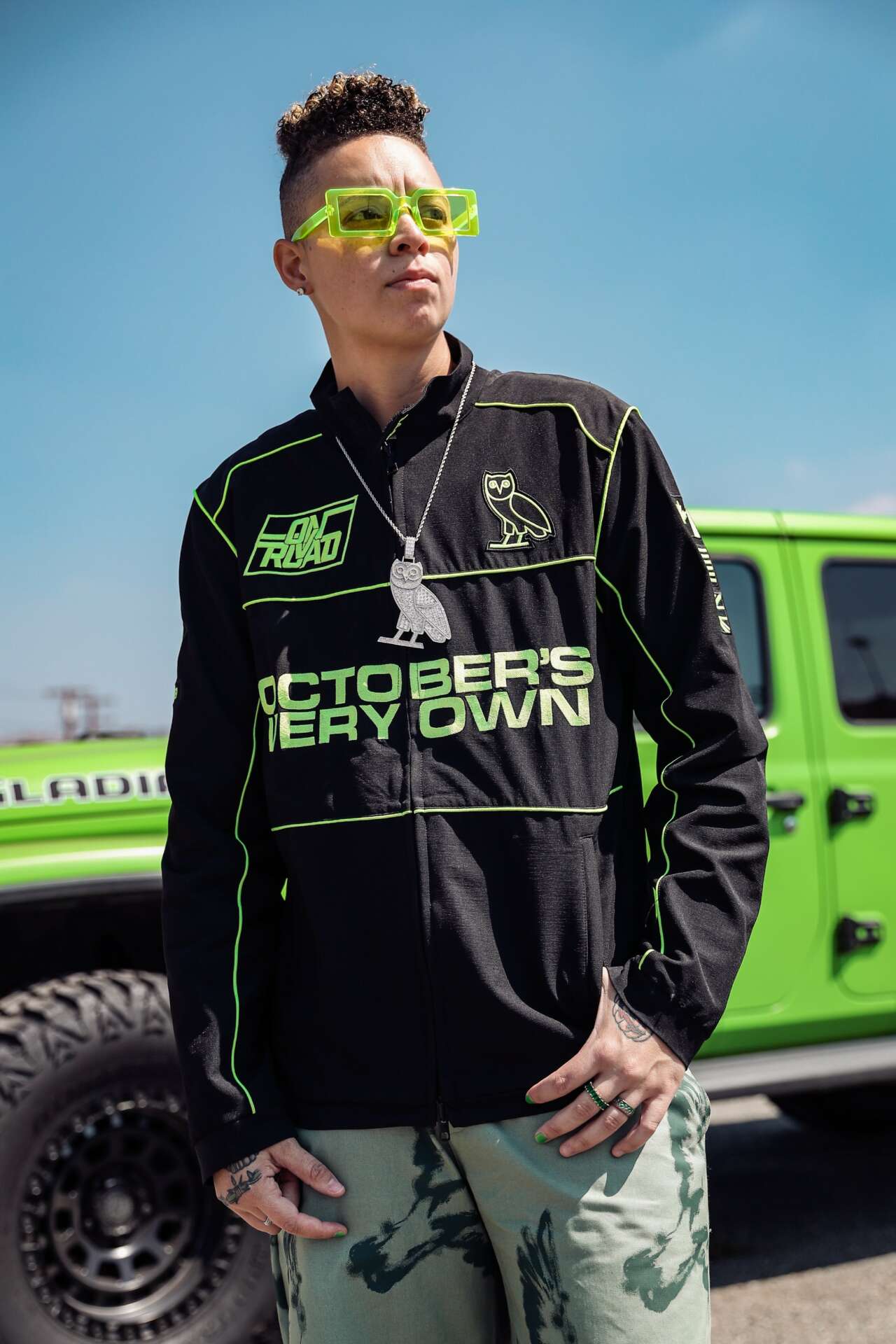
We often hear about learning lessons – but just as important is unlearning lessons. Have you ever had to unlearn a lesson?
The number one lesson I am still unlearning is to value myself and stop comparing my work to what I see on social media.
I constantly have to remind myself that no one shares their bad work. I’m only seeing the content they choose to share, as do I, so I shouldn’t be comparing my work to others.
If I do start to catch myself comparing my work, I try to only use it as inspiration to try something new. I don’t even like use the term “use it as motivation to get better” because if you and another creative were to capture the exact same subject in the exact same environment, the photos are still going to come out different, whether it be the angles, the settings, the post edits, etc. This doesn’t mean one was “better” than the other. That’s a hard lesson to grasp onto.
The lesson of stop undervaluing yourself is something I am battling to unlearn. I feel that more times than not, I will lower my prices to be more appealing, knowing that it’s way below what I am worth. I know that at the end of the day if I keep lowering my prices for everyone, my bills won’t get paid, I have to be confident in what I offer and stand by it, because there’s always going to be someone who thinks it’s too expensive.
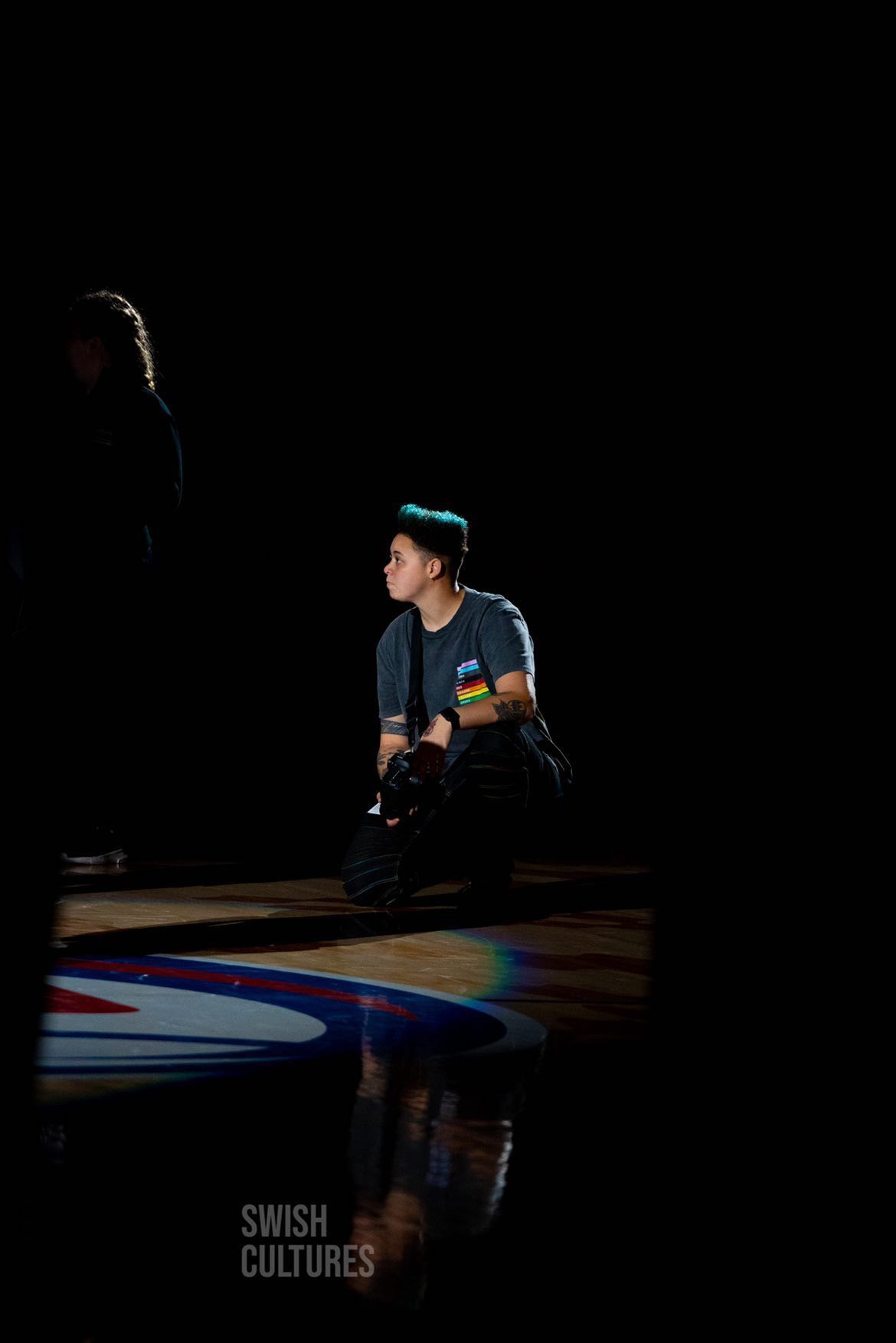
Contact Info:
- Website: https://felishacarrasco551.wixsite.com/felishasphotography
- Instagram: @felishacarrasco55
Image Credits
@devynmb_ DeShields Fajardo (@deshieldstf) Diandra Miller (@diandra.ann) @giannasnapped @wydjody


